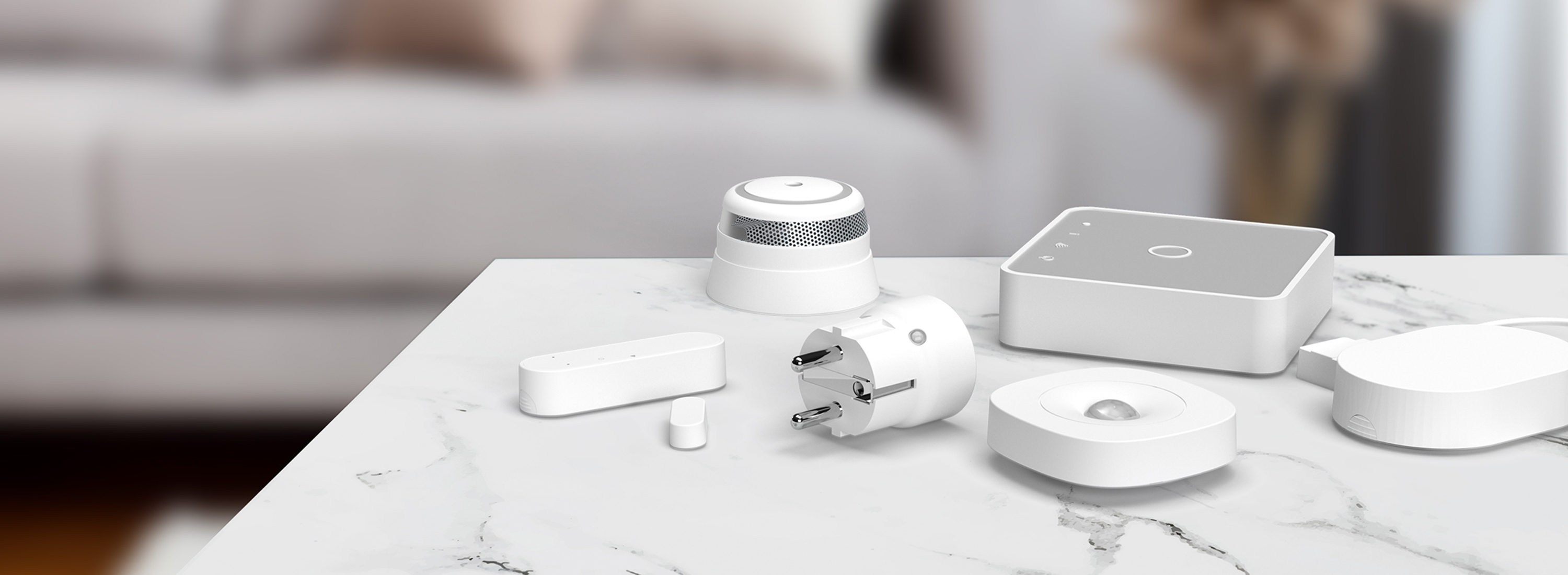Greener internet infrastructure in the future
Internet traffic is growing exponentially with a 25% increase each year. As a result, the internet is consuming more and more energy, leading to increasing CO2 emissions. The research project INCOM, which Develco Products is participating in, has a goal to reduce the energy consumption of the internet by enhancing technology. Read about what causes the high energy consumption of the internet, what we can do to optimize the energy efficiency of the internet, and how the internet and IoT is part of the solution to the global climate challenge.
Data centers gobbling up vast amounts of electricity
While the internet provides users with opportunities, convenience and comfort in their everyday lives, it also consumes a large amount of energy. For example, watching Netflix or another streaming service for one hour in HD will consume as much energy as boiling 8 liters of water on a kettle, resulting in 163 g of CO2 emissions.
The high energy consumption of the internet is especially caused by the transfer of data. For example, when a user presses ‘play’ on an online streaming service, it will activate a data center somewhere in the world, which will send the heavy data through optical fiber cables with a speed of 200.00 km/s. A large amount of energy is consumed in the transportation from and to a data center and the activities in the data center itself, where energy is also consumed when cooling down the servers, so they don’t overheat.
Increasing the energy efficiency of the internet
INCOM is working to continuously enhance the energy efficiency and capacity of technologies. The project has a goal to make the intercontinental optical cables carrying internet traffic stronger and greener. INCOM will make it possible to reduce the number of light sources to operate the internet by refining a so-called "frequency frame" so that one laser can replace several hundreds of lasers. This results in both reduced energy consumption and increased data speeds.
The internet is part of the climate solution
Meanwhile, the internet is also part of the solution to the global problem of increasing CO2 emissions. Studies show that ICT solutions can provide a total greenhouse gas emissions reduction of 8 Gtonnes CO2e, which corresponds to about 12% of the global GHG emission in 2030. This confirms that the internet has a substantial potential to mitigate climate change which could be utilized by society.
Intelligent solutions can benefit the climate by providing new and more sustainable ways to do things. For instance, autonomous cars can cut 60% of energy consumed by the transport industry. Also, IoT devices like sensors, meter interfaces and smart relays can reduce energy consumption in buildings and homes significantly.

